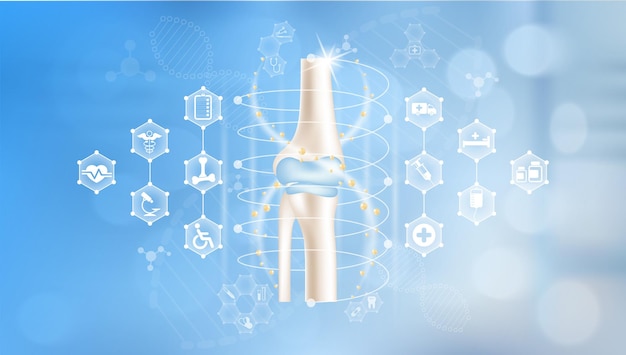Scientists’ Surprising Findings on Bone Health
Researchers at North Carolina State University (NCSU) carried out an 18-day study monitoring two dozen newborn piglets to observe changes in their bone density and composition. The piglets were split into two groups: one half fed a diet very low in calcium and the other half given a high-calcium diet similar to what they would get from their mothers.
What Did The Researchers Find?
As anticipated, the piglets on the low-calcium diet showed a significant drop in bone density compared to those on the high-calcium diet. However, the researchers found something even more intriguing. A surprisingly high number of stem cells in the bone marrow of the calcium-deficient piglets were already set to develop into fat cells instead of bone cells.
Pigs, like humans, have bones filled with marrow composed mainly of stem cells. These cells typically help strengthen and expand the bones as the pig grows. In the piglets with a calcium-deficient diet, a higher-than-normal percentage of these stem cells were destined to become fat cells, potentially leading to serious health issues such as obesity. If the same happens to human children lacking in calcium during crucial growing years, this discovery could be pivotal in addressing the obesity epidemic affecting much of the developed world.
The Effects of Calcium Deficiency In Young People
Sadly, just like the piglets in this study, many young people do not get enough calcium through their regular diet. This shortage not only makes them prone to weak bones and a higher risk of obesity, but it can also result in numerous long-term negative impacts on their overall mental and physical health.
Calcium plays a critical role in brain health as well. Without sufficient calcium, the brain cannot effectively transmit nerve impulses, which can significantly affect young people’s ability to learn and process information.
Am I Getting Enough Calcium?
Ensuring an adequate calcium intake can be challenging for both children and adults. Consuming plenty of calcium-rich foods is the ideal way to meet daily recommended levels because these foods provide a wealth of other nutrients as well.
If your diet falls short of calcium, a dietary supplement might be necessary. Calcium supplements offer a convenient way to ensure everyone gets the calcium they need. I highly recommend IntraCal. IntraCal is a scientifically formulated calcium and magnesium orotate supplement that is up to 90% more bioavailable than many other commercial supplements, making it easier for your body to absorb and use.
This rephrased content maintains the logical flow, readability, and essential details from the original text while using a more conversational tone and proper HTML formatting suitable for WordPress.

